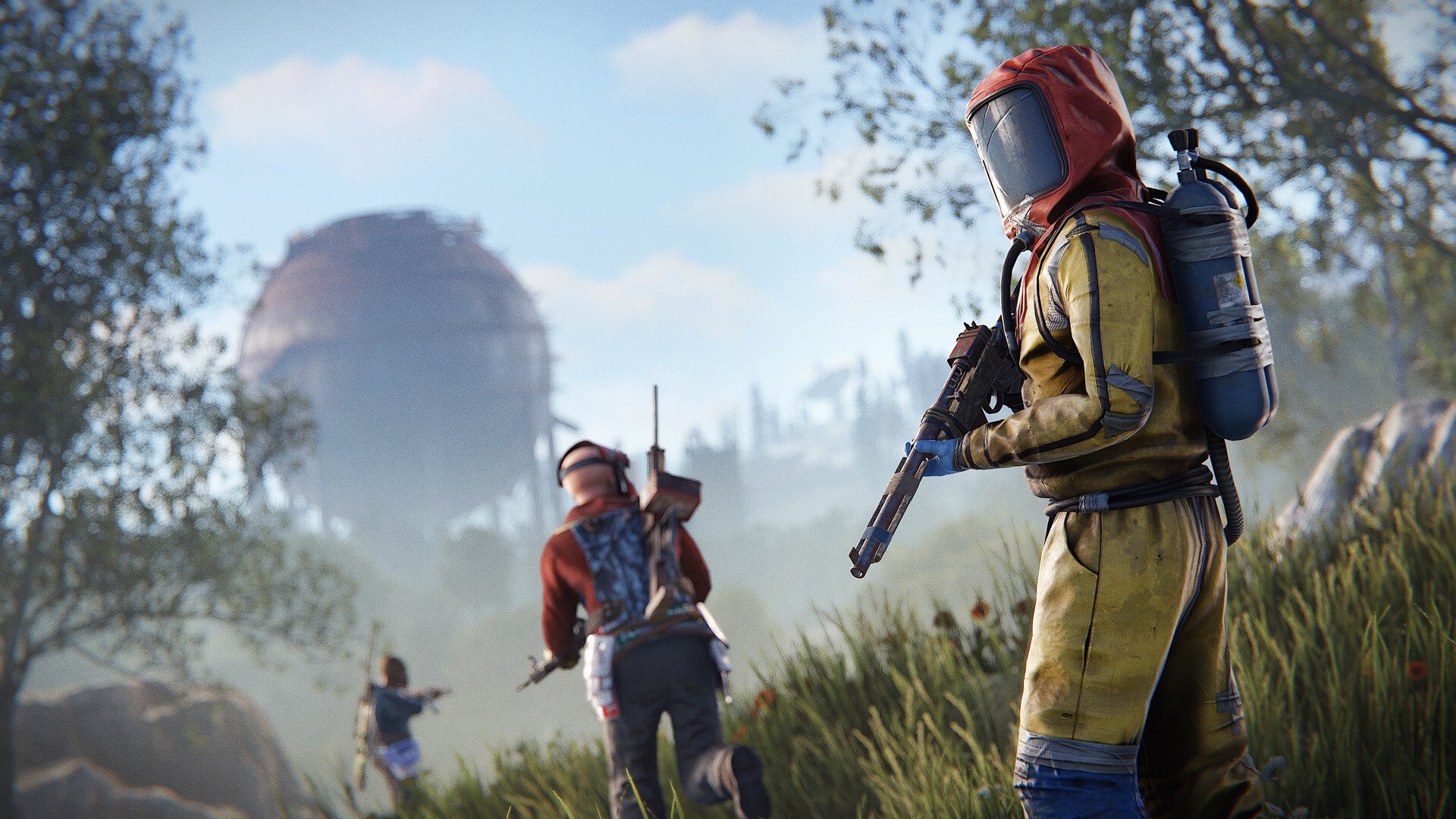Rust Creator Slams Unity’s New Charges
- Unity’s new policy: Unity, a popular game development platform, recently announced a new policy that requires developers to pay a fee every time someone downloads their game.
- Outrage in the gaming industry: This announcement by Unity has caused shockwaves in the video game industry, with many developers expressing their discontent.
- Rust creator’s criticism: The creator of the popular survival game Rust has voiced his displeasure about Unity’s new charges, calling it a mistake that should not be repeated.
The Details
Unity, a widely used game development platform, has caused quite a stir in the gaming industry with its recent announcement. The platform stated that it will now require developers to pay a fee each time someone downloads their game. This new policy has been met with outrage by many developers, including the creator of the hit Steam game Rust.
In a recent interview, the creator of Rust expressed his disappointment and frustration with Unity’s decision. He emphasized the importance of not repeating past mistakes and criticized Unity for implementing a policy that he believes goes against the best interests of developers.
The gaming industry is no stranger to controversy when it comes to charges and fees. In recent years, developers have faced backlash for implementing loot boxes, microtransactions, and subscription services. While these monetization methods have faced criticism, Unity’s new policy has struck a particularly sensitive nerve within the industry.
Developers argue that requiring fees for each download puts an unnecessary burden on smaller studios and indie developers who may not have the resources to handle such financial demands. Additionally, there are concerns that this new policy could discourage innovation and creativity in game development. Developers may be less willing to take risks if they have to worry about the financial implications of every download.
The Rust creator’s criticism of Unity’s new charges reflects the larger sentiment within the industry. Many developers feel that this decision goes against the principles of fostering a supportive and collaborative environment for game creators. They argue that such fees hinder the democratization of game development and seek to erect barriers for smaller developers.
The Fallout
Unity’s announcement has created a significant backlash within the gaming community. Developers, both big and small, have taken to social media to express their grievances and voice their concerns. Many argue that this new policy contradicts Unity’s previous claims of fostering a supportive environment for developers.
Some developers have even threatened to switch game development platforms altogether. This reaction demonstrates the impact that Unity’s decision has had on the industry. Developers no longer see Unity as a reliable and supportive partner in game development.
Unity’s new charges have also raised questions about the viability of the platform for smaller studios and indie developers. These developers already face numerous challenges in a highly competitive industry. Implementing additional fees for each download only adds to the financial strain and potentially jeopardizes the ability of these developers to continue creating innovative games.
Conclusion: Unity Faces an Uphill Battle
Unity’s decision to implement charges for each game download has ignited a firestorm of criticism within the gaming industry. Developers, including the creator of Rust, have voiced their discontent and frustration with the platform. Unity’s claim of fostering a supportive environment for developers has been called into question, and its reputation may have taken a significant hit.
The gaming industry thrives on collaboration, innovation, and creativity. Unity’s new charges run counter to these principles and may discourage developers from taking risks and exploring new ideas. Smaller studios and indie developers, in particular, may bear the brunt of these fees, further widening the gap between established companies and up-and-coming talent.
Unity now faces an uphill battle to regain the trust and support of the gaming community. It must address the concerns raised by developers and reevaluate its new charges. Failure to do so may result in a significant migration of developers to other platforms, leaving Unity behind in the ever-evolving landscape of the gaming industry. Unity has made a mistake, and it remains to be seen whether they will rectify it before it’s too late.




